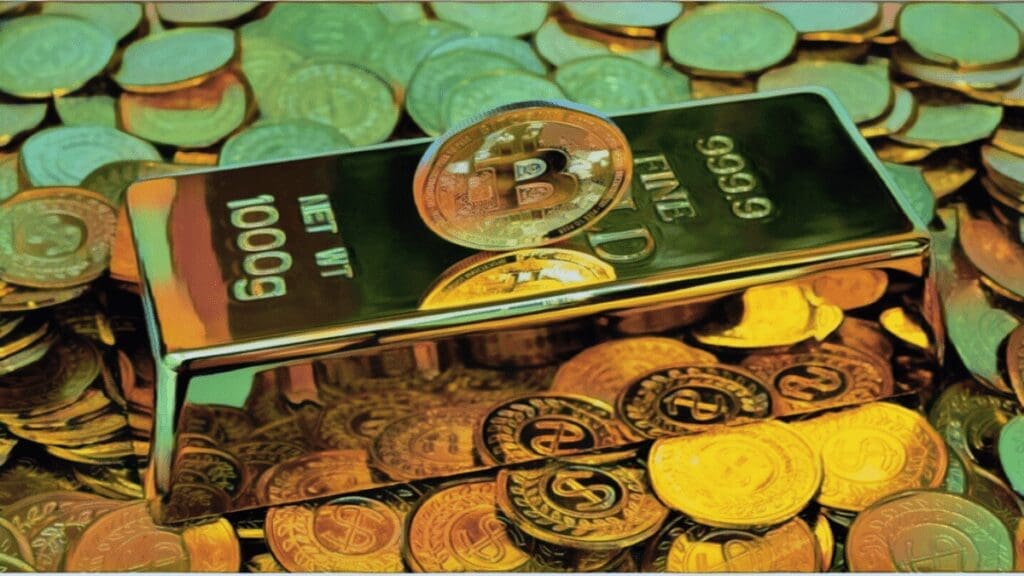The Reserve Bank of Zimbabwe’s first gold-backed cryptocurrency sale performed well.
Despite a warning from the International Monetary Fund (IMF), the Reserve Bank of Zimbabwe issued digital tokens backed by gold for 14 billion Zimbabwean dollars, or around $39 million.
On May 12, the central bank announced that it has received 135 applications for a total of 14.07 billion Zimbabwean dollars to purchase the cryptocurrency backed by gold.
As reported by XE.com, the official exchange rate for the Zimbabwean dollar is 362 ZWD to USD, however on the street, this rate is considerably higher, making the stash roughly worth $38.9 million.
The cryptocurrency tokens, which were first released in April, are backed by 139.57 kg of gold, and the sale will take place from May 8 to May 12.
The minimum price for buying a token was $10 for individuals and $5,000 for companies and other entities. The tokens have a 180-day minimum vesting period and can be kept on e-gold cards or in e-gold wallets.
According to reports, the action is intended to stabilize the economy of the nation and stop the ongoing devaluation of the local currency in relation to the US dollar.
The bank has asked for applications to be submitted this week so that they can be resolved by May 18. A second round of digital token sales will be launched. RBZ Governor Dr John Mangudya reportedly said as follows:
“The sale of the gold-backed digital tokens aims to expand the value-preserving instruments available in the economy as well as improve the divisibility of the investment instruments and widen their accessibility and usage by the public.”
According to a May 9 Bloomberg story, the move was made in regard to the IMF’s warning against the African country’s proposed use of a gold-backed currency, urging that it should instead liberalize its foreign exchange market.
According to an IMF spokesperson who spoke to Bloomberg, “a careful assessment should be conducted to make sure the benefits from this measure outweigh the costs and potential risks including, for example, macroeconomic and financial stability risks, legal and operational risks, governance risks, cost of forgone FX reserves.”
For more than ten years, Zimbabwe has struggled with inflation and currency fluctuation. Following a period of hyperinflation that rendered the local currency worthless, the nation adopted the USD as its official currency in 2009.
In 2019 the Zimbabwe dollar was reintroduced in an effort to boost the local economy, but volatility followed once again.

